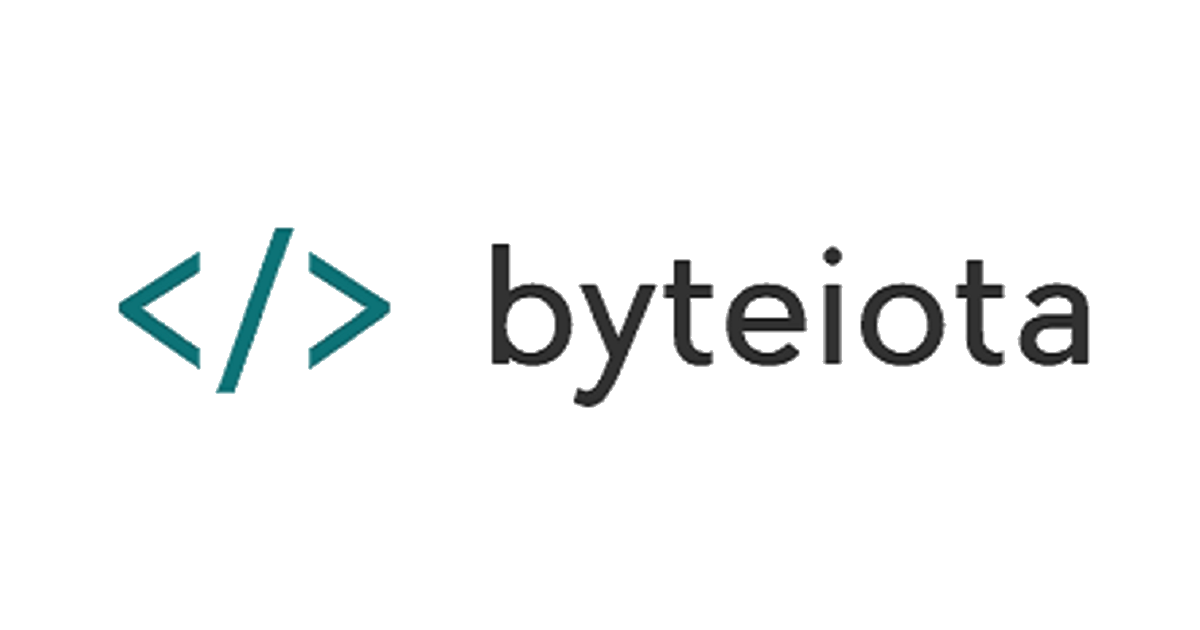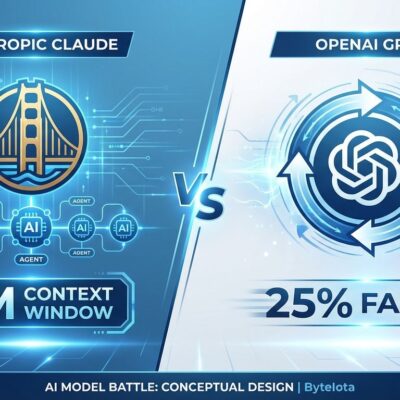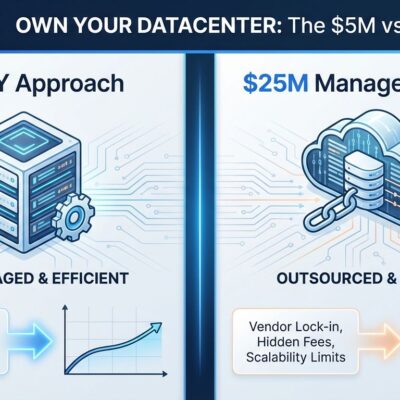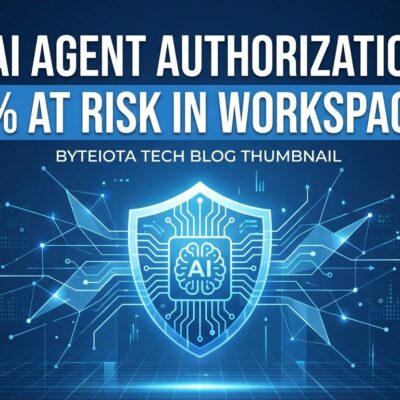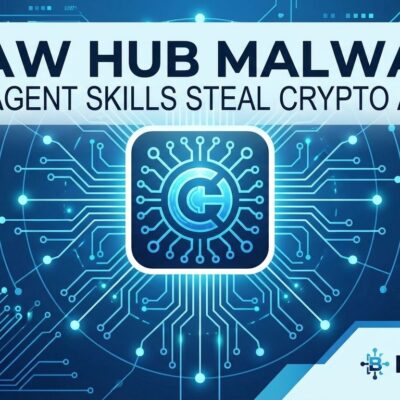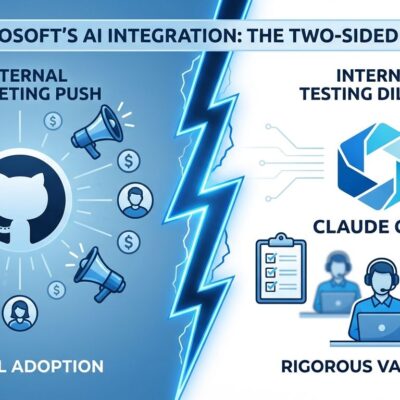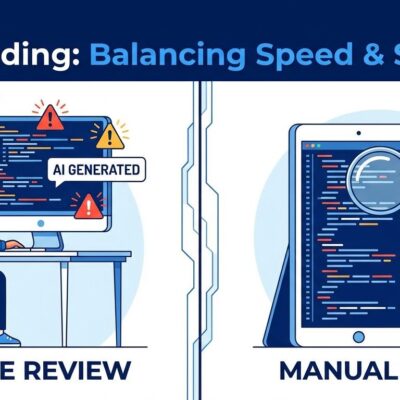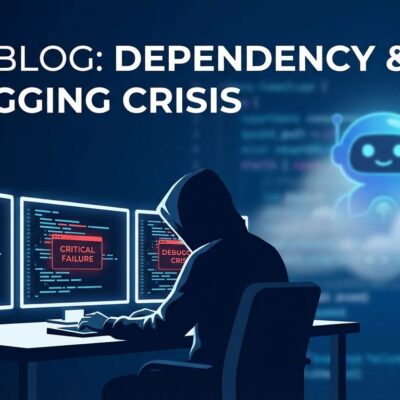
A single Debian maintainer just gave 11 platforms an ultimatum: add Rust compiler support in six months or face extinction. No community vote. No official Debian Project approval. Just one developer deciding the fate of DEC Alpha, HP PA-RISC, Motorola 68000, and SuperH—platforms that have served users for decades. This is how critical infrastructure dies: not with a debate, but with a deadline.
On November 1, Julian Andres Klode announced via the debian-devel mailing list that APT package manager will require “hard Rust dependencies” after May 2026. Ports without working Rust toolchains have six months to comply or get sunsetted. Four platforms will almost certainly die.
The Process Problem Nobody’s Talking About
Here’s what should alarm you: this wasn’t a Debian Project decision. It was an email. Moreover, no Technical Committee involvement occurred, no general resolution requiring the Constitution’s 75% qualified majority, and no documented consensus-building. Just a maintainer announcing policy.
The Debian Constitution is explicit about this process. The Technical Committee “does not make a technical decision until efforts to resolve it via consensus have been tried and failed.” The Project Leader must “make decisions consistent with the consensus of the Developers.” Significant changes require democratic votes.
None of that happened here. Consequently, if one maintainer can issue ultimatums that kill working platforms, Debian’s governance model is dead. The Constitution becomes optional. What happens when the next maintainer demands Go support, or Python 3.12+, or anything else? Platform support becomes ransom negotiations.
Critics put it bluntly: “APT isn’t broken, it’s just in a language that some maintainer doesn’t like, and that maintainer thinks they have the right to demand that all Debian systems must support their favorite language or be discontinued.”
The Technical Case for Rust Is Real
Let’s be clear: Rust adoption has legitimate merit. APT’s memory safety track record is concerning. CVE-2019-3462, discovered in 2019, allowed privilege escalation and resource exhaustion—and had existed since 2009. Microsoft research shows roughly 70% of security vulnerabilities stem from memory safety issues in C and C++. Android’s Rust adoption cut memory bugs below 20%.
Parsing .deb archives, .ar containers, and .tar files in memory-safe code makes sense. HTTP signature verification improvements matter. Package managers are critical infrastructure—security counts.
However, here’s the problem: technical merit doesn’t justify bypassing governance. The question isn’t “Is Rust better than C?”—it probably is. The question is “Who decides what platforms Debian supports, and how?”
The Human Cost of Ultimatums
Adrian Glaubitz invested significant effort porting Rust to m68k. After the ultimatum, he expressed feeling “underappreciated” for his contributions to upstream Rust and Debian architecture support. Now the platform he worked to support faces extinction anyway.
Furthermore, consider DEC Alpha. It just got a new maintainer in 2025. The platform is actively maintained, supporting enterprises running OpenVMS and Tru64 UNIX applications. These aren’t hobbyists tinkering with retro hardware—they’re production systems with real users.
Klode justified the mandate by saying Debian shouldn’t “be held back by trying to shoehorn modern software on retro computing devices.” But when actively maintained platforms with enterprise users get dismissed as “retro computing,” that’s not technical reasoning. That’s contempt.
What Happens Next
If this precedent stands, maintainer ultimatums become normal. Ubuntu, Linux Mint, Pop!_OS, and every Debian derivative inherit the consequences with no say in the decision. Millions of users downstream from a single email announcement.
The Hacker News discussion drew 315 comments with roughly split reactions. Some developers argue “those architectures don’t have enough developers to warrant continued effort.” Others counter that single maintainers shouldn’t dictate platform support. The debate reveals a fundamental question: does Debian serve its community, or do communities serve maintainers?
Meanwhile, technical solutions exist but may not meet the deadline. The gccrs GCC Rust frontend and rustc_codegen_gcc could provide universal Rust support, but both require “substantial additional work.” Legacy platform maintainers face an impossible choice: complete complex compiler work in six months or abandon their platforms.
The Real Question
The question isn’t whether Rust is superior to C for systems programming—the evidence supports that case. The question is whether one maintainer should have authority to sunset working platforms without project-wide consensus.
If Debian’s leadership doesn’t clarify governance here, expect more ultimatums, more abandoned platforms, and more users asking: Who’s really in charge? The Constitution says the community decides. This announcement says otherwise.
Rust adoption is probably the right technical direction. But in a consensus-driven project, “probably right” implemented through ultimatums sets a precedent far more dangerous than any memory safety vulnerability. When the process dies, the project follows—no matter how good the code.
